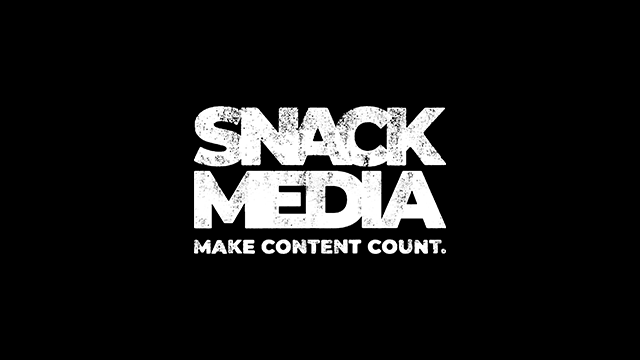We have got to the point now where many social networks were born a while ago, and it’s increasingly the same with their users.
https://twitter.com/SFCityCIO/status/631287861132836864
Twice as many 50-60 year olds than 18-24 year olds in the United Kingdom use Twitter, according to research from Nielsen Online, and Facebook is fast becoming the playground of parents rather than their teenage children.
The result? Generation Z are heading for the exits, running to new spaces they can call their own and, more importantly, where they can escape the prying eyes of their parents. In a study by iStrategyLabs, it was revealed that 3.3 million American users ages 13 to 17 years old had left Facebook between 2011 and 2014 and that trend is only increasing.
Twitter is like going to yo grandparents house for social media. Y'all stop by every blue moon when u bored or looking for advice
— lil duval (@lilduval) January 17, 2016
But it’s not just the fear of the embarrassing episodes of their teenage years being laid bare for ever more that are driving social media’s youngest users to platforms like Snapchat and messaging apps: the reality is they are much simpler, with no ads getting in the way and one clear function unclouded by lots of other features. A much more fast-paced experience, and one that keeps young people coming back.
Many of Twitter’s most influential UK tweeters are well-established national treasures such as Stephen Fry, James May and Eddie Izzard.
Most awfully dark here in London. #EndofDays ?
— Stephen Fry (@stephenfry) January 7, 2016
So it would make sense that teenagers do not identify with a lot of the most shared content on Twitter as much as the intimate snapshots of the megastars of their own age awaiting over on Snapchat and Instagram.
Finally removed a walnut in one piece. It's only taken 50 years. #LifeAchievementAward pic.twitter.com/k3Dl7rW5PM
— James May (@MrJamesMay) January 3, 2016
Just as social media helps these youngsters stay connected with their friends when at home, the loneliness often experienced by the elderly sitting at home can also be warded off by social media, which may be why 10% and counting of adults over 65 now use Twitter.
2016 shows an upward trend in Facebook users 65 yrs and older and a decrease in younger millennial users pic.twitter.com/I9PWMLQmYm
— Blueprint (@WhyBlueprint) December 17, 2015
All of this adds up to something brands should bear in mind when deciding what to put out on social media. Audiences are shifting and content that resonated with followers in the past may now fall flat amongst current audiences.
Too many of the very latest youth culture buzzwords in your posts may risk alienating older users who aren’t aware of what they’re referring to. Equally, though, assuming no knowledge at all could put you at risk of patronising.
It’s a fine line, but getting it right could be key to delivering the content that an ever-growing section of your followers respond to.



